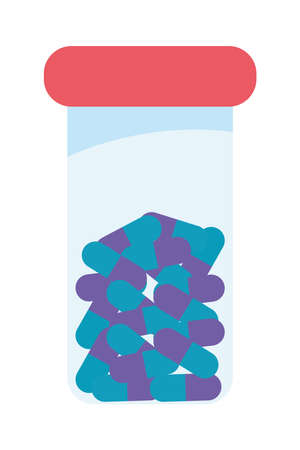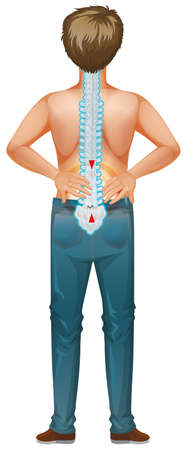Differences Between NHS and Private GP Involvement in Rehab Services
Overview of NHS and Private GP SystemsWhen considering rehabilitation services in the UK, its important to first understand how both the NHS and private GP systems are structured, as these differences play a crucial role in patient access and care pathways. The National Health Service (NHS) operates as a publicly funded healthcare system, where general…








